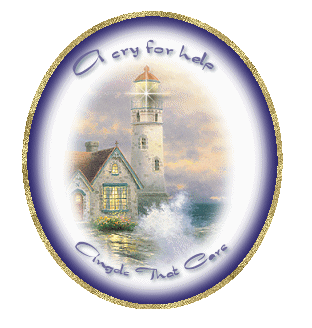Local police and morgues go online to uncover names
By Sofia Santana
South Florida Sun-Sentinel
Posted December 30 2006
Frustration over the growing number of unidentified bodies statewide pushed the medical examiner's office in Naples to create a Web site to publicize the cases.
In the past three years, the Florida Unidentified Decedents Database, www.fluiddb.com, has helped investigators identify 11 bodies, said Michael Britt, who supervises investigations in the Naples office and manages the database.
LocalLinks
"I have always thought our Web site works because it's very simple," he said, comparing it with the FBI's database of unidentified bodies, which requires that investigators fill out tedious workbooks and confusing dental charts.
The Florida Web site is part of a national trend, where police, morgues and volunteers are using the Internet to publicize their cases in hopes of finally uncovering the dead people's names.
"There's really no voice for them," Clark County, Nev., Coroner Michael Murphy said of the unidentified dead. His office in Las Vegas was one of the first in the nation to put digitally touched-up headshots of unidentified bodies on a public Web page, even though many in his community did not initially support the idea.
Since November 2003, the Web site has helped identify 12 bodies.
Many investigators praise the local Web sites but stress that what they truly need is a database that includes information on each of the more than 40,000 to 50,000 nameless dead bodies across the country, along with a law forcing authorities to report the cases.
Past efforts to carry out such a project have fizzled.
Working with the FBI, the National Center for Missing and Exploited Children and several other organizations, the International Homicide Investigators Association was finalizing a model for a national registry of unidentified bodies when they lost their grant funding for the project last month.
The association, based in Virginia and made up of current and retired investigators, also was creating manuals that could have led to major improvements in the way dead bodies are investigated, even from a financial standpoint, said William Hagmaier, a retired FBI profiler and the association's executive director.
Hagmaier says not being able to do a national computer search of unidentified remains on file with coroners and medical examiners is a costly mistake.
"We spend millions and millions of dollars looking for people who aren't truly missing," he said. "They're in a morgue."
http://www.co.clark.nv.us/coroner/unid.htm

No comments:
Post a Comment